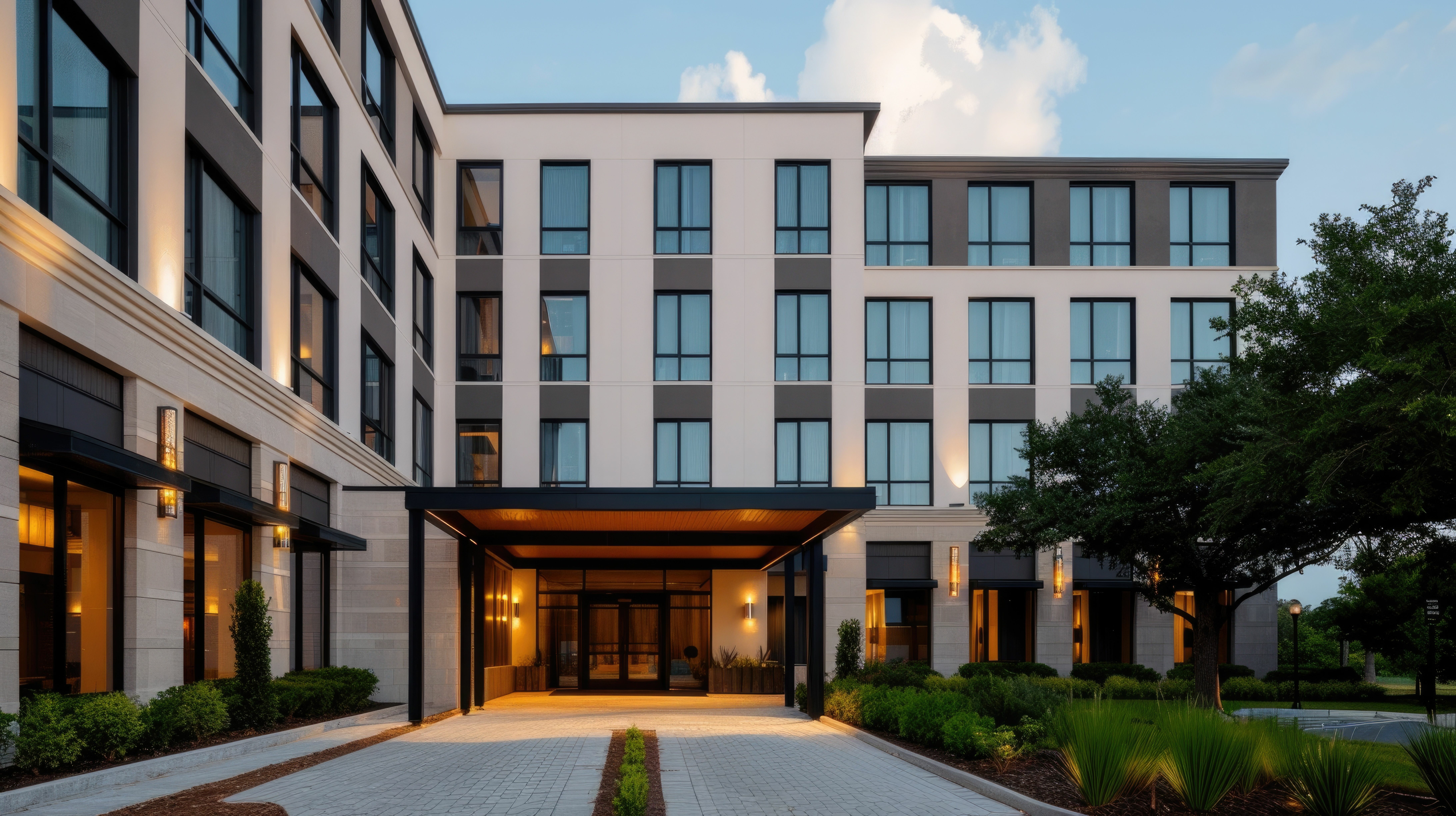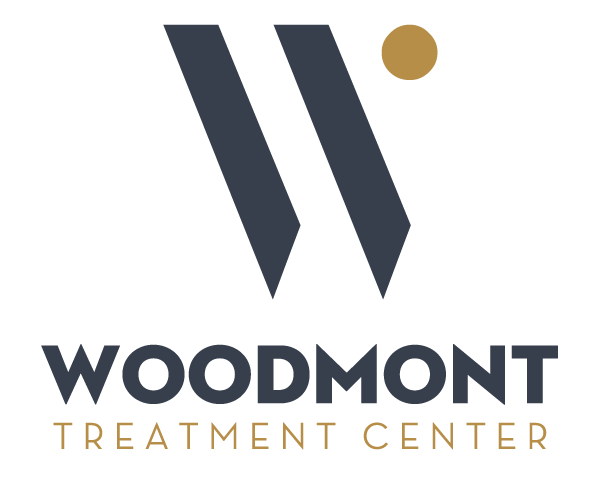Mental Health & Addiction Treatment in Union County
Union County Treatment Centers
- Woodmont Treatment Center
- Local Treatment Resources
- New Jersey Treatment Resources
- Union County Addiction Resources
Find the best mental health & addiction treatment centers in Union County with the help of Woodmont Treatment Center. We offer you real, personalized solutions based on your individual needs in treatment.

100+
Comprehensive Union County Drug and Alcohol Addiction Treatment Center Resources
Union County, New Jersey, like many areas across the country, confronts significant challenges due to substance abuse. The community is impacted in profound ways, from families dealing with the ramifications of addiction to the healthcare system addressing the complexities of substance-related disorders. Fortunately, hope and solutions are available for those ready to embark on a journey toward recovery. Woodmont Treatment Center in Andover, NJ, stands as a beacon of hope and excellence in addiction treatment. Our luxurious facility offers state-of-the-art treatments, experienced staff, and a serene environment, providing a transformative experience for those seeking recovery. We are committed to offering personalized, evidence-based care to guide you toward a healthier, substance-free life.
Local Resources
Discover how our evidence-based addiction treatment programs can help you find long-term recovery from drug & alcohol abuse today.
Addiction Treatment Options and Levels of Care in Union County
Union County offers a multitude of addiction treatment options tailored to meet diverse needs. Whether you are at the beginning stages of seeking help or require intensive ongoing support, treatment is available. Here are the primary types of addiction treatment services offered:
Detox is the initial phase of addiction treatment, where the body rids itself of harmful substances. This process is conducted under medical supervision to manage withdrawal symptoms safely. The goal is to ensure a smooth and comfortable withdrawal while minimizing health risks. Detox can vary in length depending on the substance used and the individual’s health condition.
Inpatient rehab provides a structured and immersive environment where individuals receive 24/7 care and support. This level of care includes various therapies, counseling, and holistic approaches designed to treat the mind, body, and soul. Patients benefit from a controlled setting free from outside triggers that may contribute to substance use. Additionally, inpatient rehab fosters a strong support system among peers undergoing similar challenges.
PHP is a step down from inpatient treatment, where clients receive structured treatment during the day but return home in the evenings. This approach offers intensive support while allowing for a degree of independence. Patients in PHP engage in therapy sessions, group counseling, and educational workshops focused on relapse prevention. This level of care is ideal for individuals transitioning from inpatient rehab who still require a high level of support.
IOP offers more focused treatment than traditional outpatient programs. Participants attend therapy multiple times per week, engaging in group and individual therapy sessions, while also integrating into daily life. These programs provide the structure necessary for recovery while allowing individuals to fulfill work, school, or family obligations. IOP is often a crucial step for those transitioning from higher levels of care.
Outpatient services provide flexibility for individuals who require treatment but need to maintain daily responsibilities. It involves scheduled therapy sessions and counseling aimed at supporting recovery within the community. This option is particularly beneficial for those with strong support systems at home. Outpatient treatment allows individuals to integrate learned coping strategies into their everyday lives while continuing their recovery journey.
Aftercare programs are designed to provide ongoing support post-treatment, ensuring long-term recovery. Sober living homes offer a safe and supportive environment for individuals transitioning from rehab back to everyday life. These programs often include continued counseling, peer support groups, and relapse prevention strategies. Long-term recovery success is greatly enhanced by consistent aftercare engagement and a strong support network.


Facts and Statistics on Addiction and Mental Illness in Union County
While Union County faces the trials of substance abuse, neighboring Bergen County provides illuminating insights into the broader scope of addiction and mental health issues within New Jersey. Here are some pertinent facts and statistics:
An estimated 9.2% of Bergen County residents have reported past-year substance use disorders, reflecting broader state and national trends.
Opioid-related overdoses remain a critical concern, with Bergen County experiencing over 300 opioid-related deaths in recent years.
Approximately 18.5% of adults in Bergen County report mental health challenges, underlining the prevalent co-occurrence of mental health issues alongside substance use disorders.
Among high school students, 20% have reported using some form of illicit drug, with alcohol and marijuana being the most prevalent.
These statistics highlight the urgency and necessity of comprehensive treatment programs that address both addiction and underlying mental health issues, ensuring a holistic approach to recovery.
Four Emergency Resources for Substance Abuse in New Jersey
In New Jersey, several emergency resources can provide immediate assistance to those struggling with substance abuse:
1. NJ Addiction Services Hotline: 1-844-276-2777
This hotline offers 24/7 support and referrals for addiction treatment and recovery services across the state.
2. Substance Abuse and Mental Health Services Administration (SAMHSA) Hotline: 1-800-662-HELP (4357)
SAMHSA’s national helpline provides confidential, free treatment referral and information services.
3. NJ Connect for Recovery: 1-855-652-3737
This resource provides supportive counseling from trained addiction specialists and connections to treatment resources.
4. Peer Recovery WarmLine: 1-877-292-5588
Offering peer support, this line helps individuals in recovery or those seeking treatment, providing a listening ear and guidance from those with lived experience.
What to Look for in Addiction Treatment Centers in Union County
Choosing the right rehab program is a pivotal decision on the path to recovery. Here are key considerations when evaluating addiction treatment programs in Union County:







How to Pay for Addiction Treatment in New Jersey
Financing addiction treatment can be a concern for many families, but multiple options are available to ensure access to comprehensive care:
Many health insurance plans cover addiction treatment, including inpatient and outpatient services. Check with your insurance provider to understand the specifics of your coverage.
These government programs can cover addiction treatment for eligible individuals, including medications for opioid addiction and various therapeutic services.
Some rehab centers offer grants or scholarships to help offset costs, especially for those without insurance coverage.
Many treatment facilities provide flexible payment plans or operate on a sliding scale fee structure based on income, ensuring affordability.
EAPs, provided by some employers, offer confidential counseling and referral services that may include coverage for addiction treatment.
Frequently Asked Questions about Addiction Treatment in Union County
What should I expect during the intake process?
During the intake process, you will undergo a comprehensive assessment to determine your specific treatment needs and develop a personalized care plan. This may involve medical evaluations, psychological assessments, and discussions about your substance use history.
Can family members be involved in my treatment?
Yes, many programs encourage family involvement through therapy sessions and support groups. Involving loved ones can provide emotional support and help repair strained relationships.
How long does treatment typically last?
The duration of treatment varies based on individual needs, but inpatient programs commonly last 30, 60, or 90 days. Outpatient programs can extend for several months to ensure ongoing support.
Is detox painful?
Detox can be uncomfortable, but under medical supervision, withdrawal symptoms are managed to ensure safety and comfort. Medication-assisted treatment is often used to ease symptoms.
What if I relapse during or after treatment?
Relapse is a common part of the recovery journey. If it occurs, contact your treatment provider immediately to adjust your care plan and address underlying issues. Continuous support is crucial for long-term recovery.
Most Insurance Accepted
Here at Woodmont Treatment Center of New Jersey, we work with most major commercial insurance plans to help ease the financial stresses associated with treatment. Our caring and experienced admissions team will walk you through your personal options for treatment based on your individual benefits and coverage options.


















What Our Clients Say About Woodmont

Woodmont Treatment Center – Your Partner in Recovery
At Woodmont Treatment Center, we understand the profound challenges that addiction brings and the courage it takes to seek help. Our luxurious facility in Andover, NJ, offers a sanctuary where healing begins. With our experienced staff, cutting-edge treatments, and serene environment, we provide a life-changing experience tailored to your unique needs.
- 24/7 Medical Staff Onsite
- Experience Clinicial Team
- Trauma-Informed Care
- Client-Centered Program
- Dual-Diagnosis Foundation
- Integrative Medical Care
- Advanced Family Program
- Woodmont Aftercare+
Take the first step toward reclaiming your life. Contact Woodmont Treatment Center today to learn more about our programs and how we can help you or your loved one achieve lasting recovery close to home.
How to Reach Us
address
293 Route 206, Andover Township, NJ
admissions@woodmontnj.com
Admissions
1-800-123-4567







